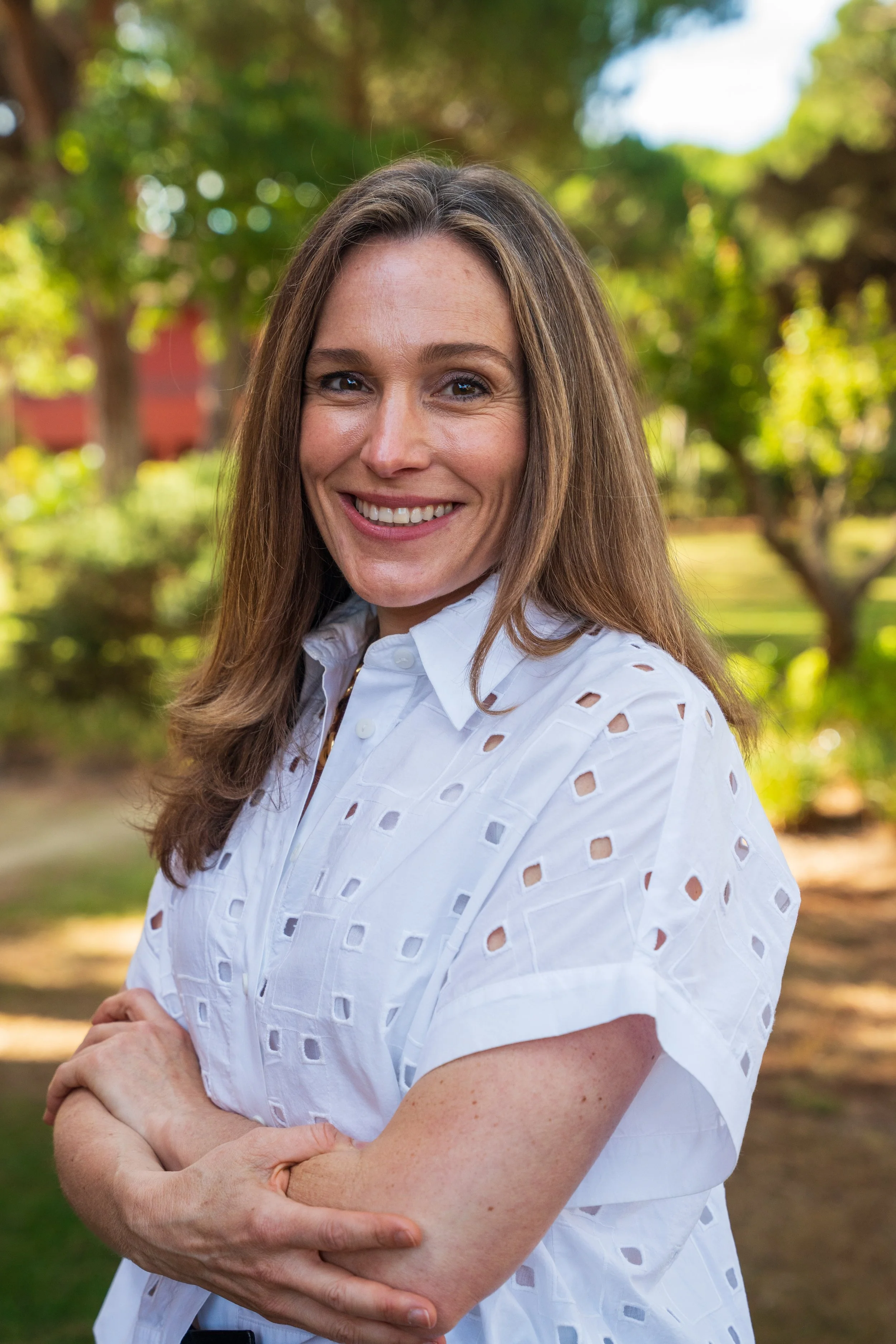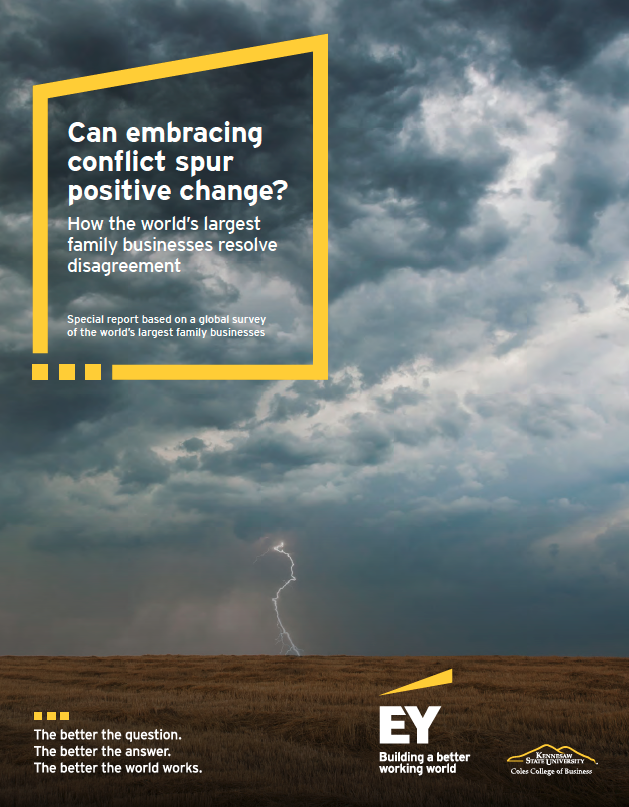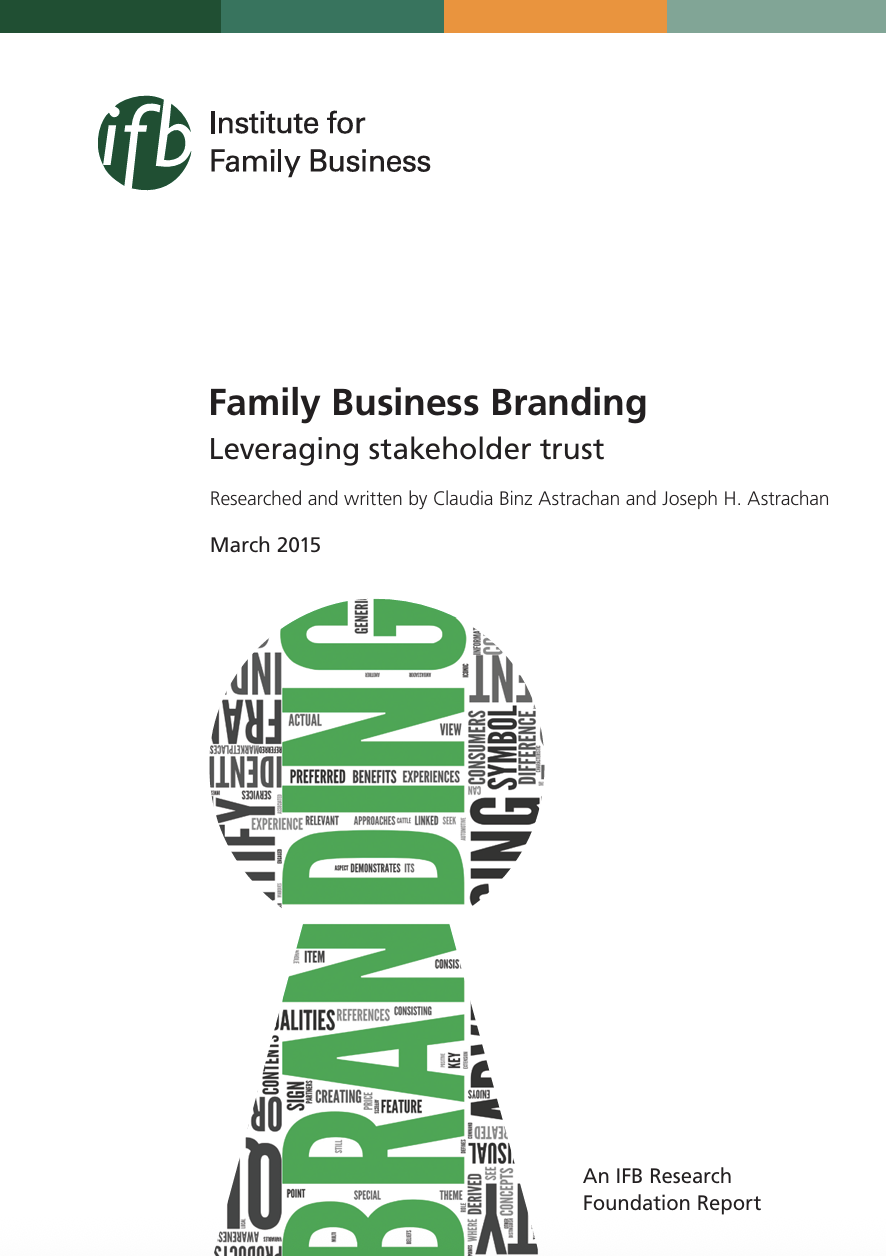Applied Research Reports
Selected Publications
-
Please reach out of you’d like to read any of these articles.
Chirico, F., Hoskisson, R., Pathak, S., & Baù, M. (2024). Calm in the Storm: Job Security and Postmerger Performance in Family versus Non-Family Firms. Academy of Management Journal | Read more
Eddleston, K., Sieger, P., Chirico, F., & Baù, M., (2025). The King Is Dead – Long Live Who? A Family and Social Embeddedness Perspective Of Succession After CEO-Owner Sudden Death | Read more
Michiels, A., & Binz Astrachan, C. (2024). Money education in the business family: a perspective article. Journal of Family Business Management | Read more
Astrachan, C. B. (2024). Family Governance. In Elgar Encyclopedia of Family Business (pp. 191-195). Edward Elgar Publishing.
Jansen, K., Michiels, A., Voordeckers, W., & Steijvers, T. (2023). Financing decisions in private family firms: a family firm pecking order. Small Business Economics, 61(2), 495-515.
Diéguez-Soto, J., Martínez-Romero, M. J., Corten, M., & Michiels, A. (2022). The impact of the CEO's financial literacy on family SMEs' growth: the moderating role of generational stage. Baltic Journal of Management, 17(1), 89-106.
Michiels, A., Botero, I., & Kidwell, R. (2022). Toward a Family Science Perspective on Executive Compensation in Family Firms: A Review and Research Agenda. Family Business Review 35(1), 45-67.
Minola T., Baù, M., Brumana M., De Massis A., (2022). Under which circumstances do family SMES achieve high growth | Read more
Welsh, D. H., Botero, I. C., Kaciak, E., & Kopaničová, J. (2021). Family emotional support in the transformation of women entrepreneurs. Journal of Business Research, 137, 444-451.
Pieper, T. M., Kellermanns, F. W., & Astrachan, J. H. (2021). Update 2021: Family Businesses’ Contribution to the US Economy. Family Enterprise USA (704).
Botero, I. C., Martínez, A. B., Sanguino, G., & Binhote, J. (2021). The family’s effect on knowledge sharing in family firms. Journal of Knowledge Management.
Astrachan, J. H., & Pieper, T. M. (2021). Developing responsible owners in family business. In Topics of Family Business Governance (pp. 119-126). Springer, Cham.
Botero, I., Arzaga, F. S., & Bullock, B. (2021). Understanding Governance Mechanisms in Small and Medium Family Firms in Latin America. Multidisciplinary Business Review, 14(2), 107-120.
Binz Astrachan, C., Astrachan, J. H., Kotlar, J., & Michiels, A. (2021). Addressing the theory-practice divide in family business research: The case of shareholder agreements. Journal of Family Business Strategy, 12(1), 100395.
Binhote, J., Botero, I. C., Wittmeyer, C., & Astrachan, J. H. (2021). Developing Committed Next Generation Members in Family Firms: The Role of Socialization Processes. In Academy of Management Proceedings (Vol. 2021, No. 1, p. 15099). Briarcliff Manor, NY 10510: Academy of Management.
Botero, I. C., & Litchfield-Moore, S. R. (2021). Customer perceptions about family firms and their effects on customer behaviors. Journal of Small Business Strategy, 31(2), 19-35.
Hair, J. F., Binz Astrachan, C., Moisescu, O. I., Radomir, L., Sarstedt, M., Vaithilingam, S., & Ringle, C. M. (2020). Executing and interpreting applications of PLS-SEM: Updates for family business researchers. Journal of Family Business Strategy, 100392.
Pieper, T. M., Williams Jr, R. I., Manley, S. C., & Matthews, L. M. (2020). What time may tell: An exploratory study of the relationship between religiosity, temporal orientation, and goals in family business. Journal of business ethics, 163(4), 759-773.
Astrachan, J. H., Binz Astrachan, C., Campopiano, G., & Baù, M. (2020). Values, spirituality and religion: Family business and the roots of sustainable ethical behavior. Journal of Business Ethics, 163(4), 637-645.
Elsbach, K. D., & Pieper, T. M. (2019). How psychological needs motivate family firm identifications and identifiers: A framework and future research agenda. Journal of Family Business Strategy, 10(3), 100289.
Williams, R. I., Pieper, T. M., Kellermanns, F. W., & Astrachan, J. H. (2019). Applying an organizational effectiveness approach to measure family business performance. Journal of Family Business Management, 9(3), 349-374.
Williams, R. I., Pieper, T. M., Kellermanns, F. W., & Astrachan, J. H. (2019). Family business goal formation: A literature review and discussion of alternative algorithms. Management Review Quarterly, 69(3), 329-349.
-
You can find many more of our contributions at familybusiness.org.
Astrachan, J.H., Botero, I.C., & Wittmeyer, C.B. (2024). Making outside work experience worthwhile | Read more
Astrachan, J.H., Botero, I.C., & Wittmeyer, C.B. (2024). Do family business NextGens need outside work experience? | Read more
Astrachan, J.H., Botero, I.C., & Wittemeyer, C.B. (2024). Nurturing an engaged next generation through onboarding | Read more
Binz Astrachan, C., & Michiels, A. (2024, May 1). Attitudes towards money can cloud family business decisions | Read more
Binz Astrachan, C., & Michiels, A. (2024, January 3). Punishment, reward, control: how money shows up in the business family | Read more
Binz Astrachan, C., Astrachan, J., & Pieper, T. (2023, October 31). Do you treat in-laws like the family business outlaws? | Read more
Botero, I.C.,Heider, A. K., & Rüsen, T. (2024). Enhancing Next Generation Preparation in Family Firms: Insights from German Family Firms and Business Families | Read more
Astrachan, J., Botero, I., Wittmeyer, C., & Astrachan, C. (2022). Don't Send Your Kids to Work Outside the Family Business Just Yet! | Read more
Binz Astrachan, C., Astrachan, J.H., & Kormann, H. (2021). Four things that the best family business boards do well | Read more
Astrachan, C. (2022). Developing Competent Owners and Stewards for a Lasting Family Business | Read more
Ongoing Research Projects
-
Intentional Investing: Aligning Investment Policies with Family Values and Objectives: This research focuses on family investment policies, a popular governance mechanisms that has gone virtually unstudied. We explore how families can align investment policies with their shared values, diverse goals,and long-term aspirations, while balancing financial and non-financial goals and mitigating conflicts that arise from within-family heterogeneity.
Project members: Claudia Binz Astrachan, Anneleen Michiels, Chris Graves, and Massimo Baù
-
Do We Practice What We Preach? Execution Gaps in Family Governance: In this research project, we investigate how discrepancies between what has been codified and agreed upon in family governance, and actual observable behaviors can impact long-term family and business functioning and success, to provide actionable recommendations for business families and their advisors.
Project members: Claudia Binz Astrachan and Raphaëlle Mattart
-
Employee Interfirm Mobility and Compensation Across Family and Non Family firms: This study examines how prior experience in family firms affects employees’ compensation when switching jobs. We find that employees leaving family firms receive higher compensation if they join another family firm but face lower pay when transitioning to non-family firms. These findings highlight family firm experience as a unique labor market friction, shaping employee mobility and wage dynamics.
Project Lead: Massimo Baù
-
Institutional Advantage, Family Firms, and Acquisitions: This study applies institutional theory to examine how family firms’ unique stakeholder relationships create strategic advantages. We argue that family firms benefit from institutional distinctiveness in their home markets, shaping their acquisition strategies. Specifically, family firms leverage these advantages to pursue acquisitions with a stronger regional and strategic fit. The findings offer insights into how location-based economic benefits influence acquisition decisions.
Project Lead: Massimo Baù
-
Offspring’s Entrepreneurship Experience and Intrafamily Succession: This study examines how launching an independent venture influences the likelihood of business owners’ children returning to take over the family firm. Drawing on human capital and person-environment fit theories, we argue that entrepreneurship experience can enhance succession potential, but its impact depends on the entrepreneurial nature of both the offspring’s venture and the family business.
Project Lead: Massimo Baù
-
Unraveling Differences in Family Firms for Biological vs. Stepchildren: Family firms are often associated with preferential treatment, but how does this play out when biological children and stepchildren work in the business? As family structures evolve through remarriage and blended families, the boundaries of kinship blur, raising questions about how family relationships shape employment and compensation decisions. This study delves into the complexities of family dynamics in business, exploring how deep-seated bonds, upbringing, and implicit succession planning influence the way family members are valued within the firm.
Project Lead: Massimo Baù
-
Family-Controlled Enterprise Foundations: This study explores how foundation ownership in family firms influences corporate governance. Unlike traditional family ownership, foundation-owned firms have a perpetual principal—the foundation’s purpose—defined by a legal charter. Using agency theory, we analyze conflicts between foundations, family members, and non-family shareholders. The study aims to understand how family firms navigate foundation ownership to balance legacy, control, and financial sustainability.
Project Lead: Massimo Baù
-
Charitable and Family Enterprise Foundations as Firm Owners: This study examines how charitable and family enterprise foundations shape acquisition strategies. Firms with charitable foundations as owners pursue more acquisitions, targeting geographically and culturally distant firms, yet remain industry-focused due to the founder’s imprinting effect. The findings offer insights into governance and strategic decision-making in foundation-owned firms.
Project Lead: Massimo Baù
-
Shared Family Legacy and Family Philanthropy: A relevant part of achieving continuity for business families is being able to transfer the family legacy across generations. Taking a qualitative view, this study explores how business families utilize philanthropic actions in the transfer of family legacy and how this process is meaningful to them. We find that philanthropy enables business families to connect with one another and have a space to develop a shared understanding of their family legacy. This shared legacy is co-constructed between members of different generations, which helps to make it relevant to each generation and helps to promote legacy continuity.
Project members: Rosane Dal Magro, Rosane, Isabel Botero & Luis Felipe Cisneros Martinez
-
Family offices and their effects on the next generation’s entrepreneurial intent: Family offices are becoming a key organization in the family-related organizational ecosystems. These organizations exist to help preserve, administer, and transform the wealth of the family by engaging in investment, family and administrative related activities. Through the enactment activities they create a dependence of the next generation particularly through concierge services. In this study we explore the conditions under which this dependence of the next generation can impact their entrepreneurial intent.
Project members: Isabel Botero, Luis Felipe Cisneros Martinez & Tom Fediuk
-
Family Constitutions: Family constitutions are one of the most used family governance practices. This document helps business families articulate their strategy to guide the relationships between family, ownership, and business roles. In this study we explore the family conditions that facilitate the development of the constitution, and the process that families go through while deciding whether or not a family constitution can help them.
Project members: Isabel Botero, S. Prigge, K. Mengers
Our Researchers
-

Joe H. Astrachan, Ph.D.
-

Massimo Baù, Ph.D.
-

Claudia Binz Astrachan, Ph.D.
-

Isabel Botero, Ph.D.
-

Anneleen Michiels, Ph.D.
-

Torsten Pieper, Ph.D.
-

Andrew Keyt, M.S., MBA










